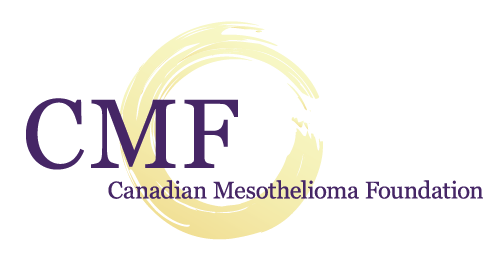The immune system is made up of white blood cells and the lymphatic system (bone marrow, spleen, thymus, lymph nodes). It detects and destroys abnormal cells, helping your body fight infections and other diseases, like cancer. Immunotherapy is a type of treatment that stimulates the immune system to better recognize and fight cancer. Several types of immunotherapy are used to treat cancer. These include, for example, immune checkpoint inhibitors, T-cell transfer therapy, monoclonal antibodies, treatment vaccines, and immune system modulators.
Immunotherapy may be administered into a vein (i.e., intravenously), in a pill that you swallow (i.e., orally), in a cream that you rub onto your skin (i.e., topically), or directly into the bladder (i.e., intravesically). The method of administration will depend on the type of immunotherapy treatment being used. How often and how long you receive immunotherapy will depend on the type of cancer, how advanced the cancer is, the type of immunotherapy treatment used, and how the body reacts to treatment.
Immunotherapy can cause side effects such as skin reactions at the needle site (including pain, swelling, soreness, redness, etc.) or flu-like symptoms (including fever, chills, weakness, dizziness, nausea or vomiting, fatigue, etc.). Other side effects include fluid retention, heart palpitations, sinus congestion, diarrhea, risk of infection, and organ inflammation. Many of these side effects happen because the immune system (which has been activated to act against the cancer) also acts against healthy cells and tissues in the body. Different people will have different side effects. The ones that you experience and how they make you feel will depend on a range of factors, including your health status before treatment, your type of cancer, how advanced it is, the type of immunotherapy you receive, and the dose. Because side effects can occur at any point during and after your treatment, ask your doctor what signs to look for and what to do if you start to experience problems.
For adult patients with unresectable malignant pleural mesothelioma who have not received prior systemic therapy, Health Canada has approved a form of immunotherapy treatment that targets the immune checkpoint pathway. The Canadian Agency for Drugs and Technologies in Health (CADTH) has recommended that this treatment be reimbursed by public drug plans provided that certain conditions are met. These include:
- The treatment must be prescribed by clinicians with experience in immuno-oncology and treating malignant pleural mesothelioma.
- The cost of the treatment must be reduced.
- Patients have not received prior systemic treatment for MPM, and
- Patients have good performance status at the start of treatment.
The Institut National d’Excellence en Santé et en Services Sociaux (INESSS) has made a similar recommendation in Quebec.
For more information on immunotherapy:




